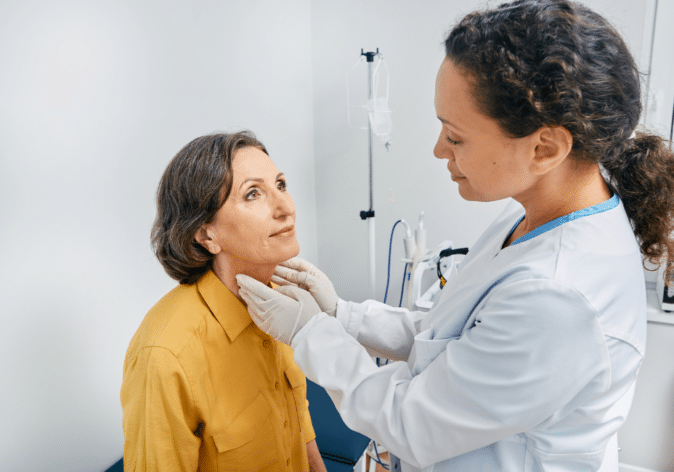Clinical Trials Open In The UK
International Collaboration is an important part of clinical trials research.
The Breast Cancer Trials research program includes collaboration with 15 different countries and international world-renowned clinical trials groups and researchers.
This includes researchers such as Dr Stuart McIntosh, who is a specialist breast surgeon at Belfast City Hospital and a Clinical Senior Lecturer in Surgical Oncology at Queen’s University in Belfast.
He said there are some interesting studies open in the UK, which have the potential to open in Australia and New Zealand.
“I think we have some very exciting studies in the UK.”
“There are de-escalation studies, which are about reducing treatment to try and minimise the complications or side effects that go with breast cancer treatments without compromising their effectiveness.”
“For example, we’ve got some very exciting studies coming up looking at minimally invasive treatment for small breast cancers found through the breast screening program, for example, using ultrasound or x-ray guided biopsy techniques to remove cancers.
“We also have some studies looking at omitting radiotherapy in women with very low risk cancer because of course, radiotherapy, like surgery is not without potential side effects or complications and the PRIMETIME study is looking at women with very low risk disease, can we safely omit radiotherapy from them.”
Dr McIntosh said there are also ongoing studies into multi-parameter tests.
Listen to the podcast
Breast Surgeon at Belfast City Hospital Dr Stuart McIntosh discusses clinical trials open in the UK & explains it’s hoped these trials will open in Australia & NZ.
“It’s basically a test that you do on the tumour tissue that’s been removed to see which genes are turned on, which genes are turned off.”
“They can give us an indication of risk of recurrence and then we can try to use that information to guide the use of chemotherapy in certain groups of patients” he said.
“The OPTIMA trial is looking at that in patients who have estrogen sensitive lymph node positive patients and we also have some studies in development looking at omitting surgery after neoadjuvant or pre-surgical chemotherapy to see patients who have apparently have a complete response to their treatment.”
“Is there any benefit to taking out something that’s not actually there? Probably not, but we need to prove that so the no-surgery trials in the UK are going to address that issue.”
Dr Stuart McIntosh said he believes the relationship between UK breast cancer clinical trials researchers and Breast Cancer Trials will continue to strengthen.
“In Australia and New Zealand, you have done a fantastic job collaborating on the POSNOC trial for example, looking at axillary surgery after sentinel node biopsy and there’s some great recruitment here.”
“There’s obviously great enthusiasm for clinical trials, and so yes, I hope we will be able to collaborate on some of these studies.”
Support Us
Help us to change lives through breast cancer clinical trials research




